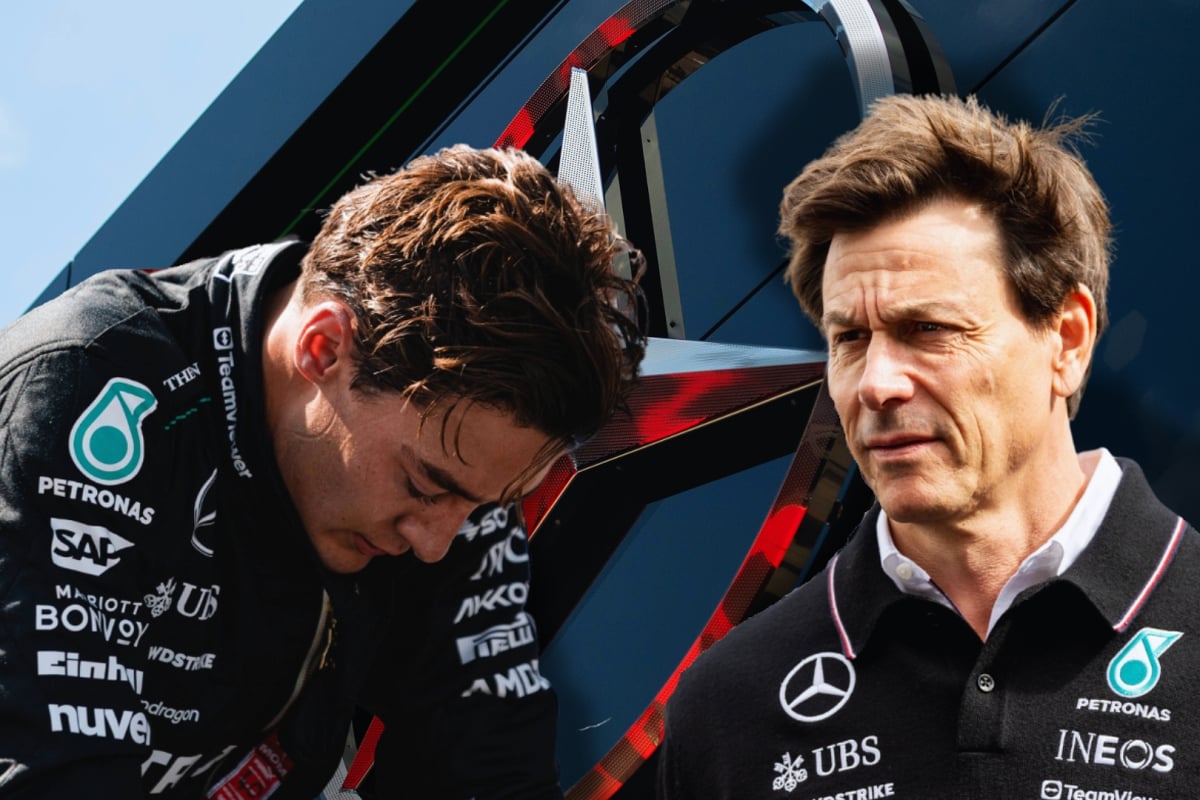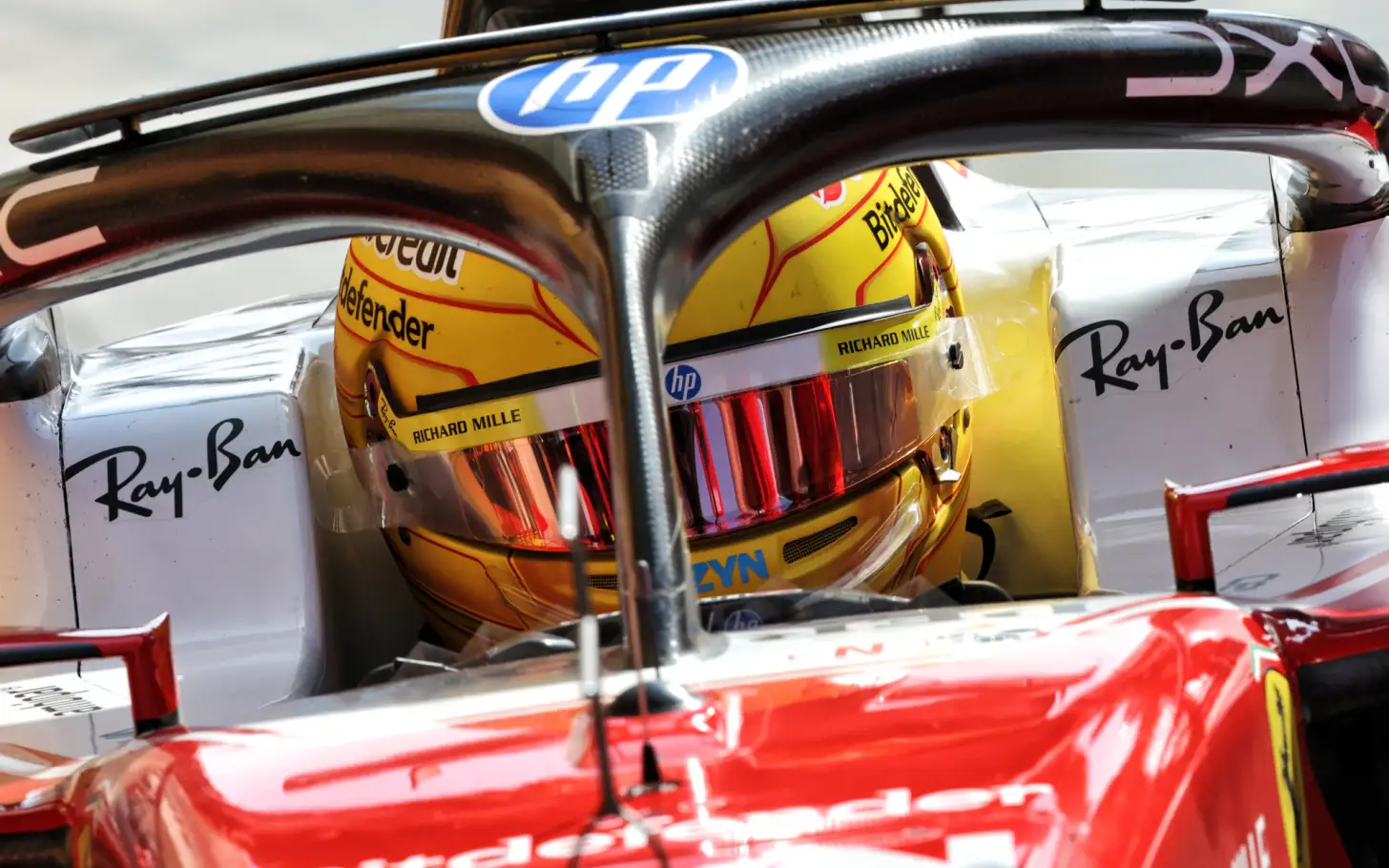FIA announce Max Verstappen engine change at Bahrain GP after controversial…read more
Ahead of the 2025 Bahrain Grand Prix, the FIA has officially confirmed that several drivers, including reigning world champion Max Verstappen, will be running with updated engine components. According to the technical delegate’s report issued during the Bahrain GP weekend, Verstappen, along with Yuki Tsunoda of the RB team and Racing Bulls drivers Isack Hadjar and Liam Lawson, have each received new power unit elements.
The changes affect two key components of the hybrid power unit — the Energy Store (ES) and Control Electronics (CE). All four drivers have now utilized their first of two permitted changes for these components for the 2025 season. Under current FIA regulations, each Formula 1 driver is allowed to use a limited number of each engine component across the season without incurring any grid penalties. Specifically, drivers are allocated two Energy Stores and two Control Electronics units for the full championship calendar.
The update means that Verstappen and the other three drivers are now on their first use of these two components. If they exceed the allowed quota later in the season — for instance, by needing a third Energy Store or third Control Electronics unit — they would be penalized with a grid drop, as per the sporting regulations. However, since this is their first usage, no penalties are being applied at the Bahrain GP.
Importantly, all changes made to Verstappen’s Red Bull power unit fall within the legal limits set by the FIA. As such, his competitiveness and results during the Bahrain Grand Prix weekend will remain unaffected. This clarification is particularly relevant given Verstappen’s strong performance so far this season, as any potential penalty could have had strategic implications in the early title fight.
Why Do F1 Drivers Need to Change Engine Components?
Formula 1 power units are highly complex and consist of several integrated systems that work together to deliver maximum performance while meeting strict efficiency regulations. The hybrid power unit in modern F1 includes the Internal Combustion Engine (ICE), Turbocharger, MGU-K (Motor Generator Unit – Kinetic), MGU-H (Motor Generator Unit – Heat), Control Electronics (CE), Energy Store (ES), and the Exhaust System.
Each of these components plays a vital role in the overall performance of the car. The Energy Store is essentially the car’s battery, supplying power to the electric motors, while the Control Electronics manage how that energy is deployed and harvested. Over the course of a season, these parts undergo extreme thermal and mechanical stress, especially during high-performance sessions such as qualifying, where engine modes are ramped up for maximum output.
Given the wear and tear that comes from repeated use, teams must manage their components wisely. The FIA enforces a limit on how many of each engine part can be used in order to control costs and promote reliability. Once a driver surpasses the permitted number of changes for any component, they face grid penalties, which adds a layer of strategy in terms of when and how parts are swapped out.
Strategic Implications
While it’s still early in the season, these engine changes are a reminder of the delicate balance that teams must maintain throughout the year. By using one of their two allocated units now, Verstappen and the others will need to manage their remaining engine mileage carefully. The choice to introduce new components this early may have been influenced by precautionary data or an intent to ensure maximum reliability in the opening rounds.
For Red Bull and Verstappen, who are eyeing a strong start to their title defense, making such changes proactively could prevent potential reliability issues down the line. With no penalties involved, it’s a move that allows the team to reset some of their most critical systems without sacrificing track position.
As the season progresses, it will be crucial to monitor how these early changes impact team strategies, especially in the tightly packed calendar ahead.



